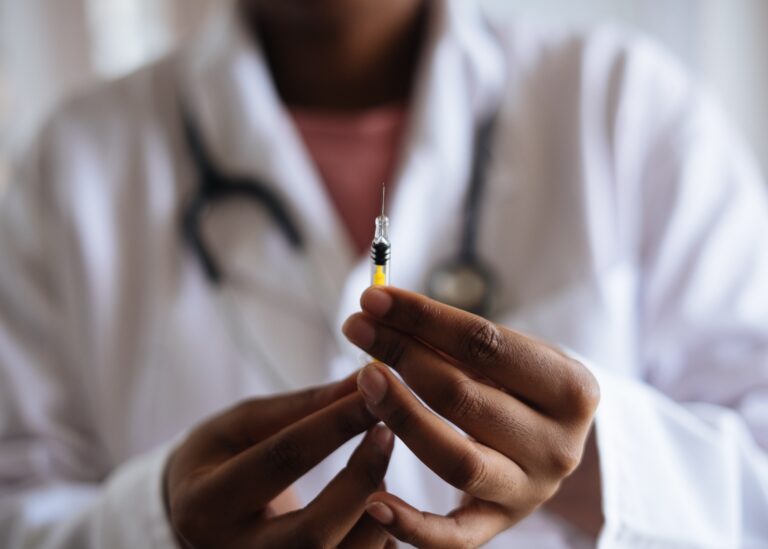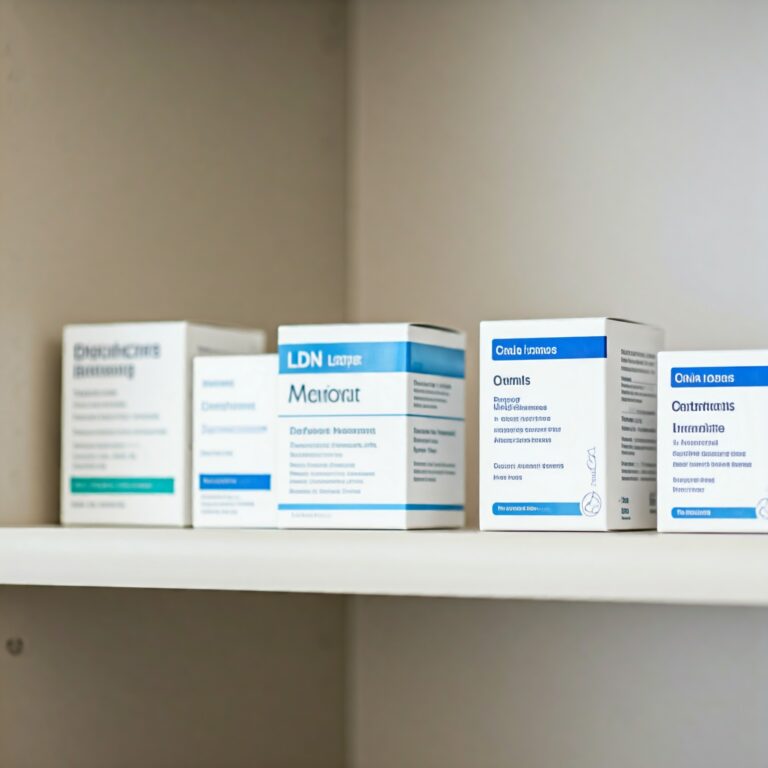Living with chronic inflammatory bowel disease is tough, and I get it firsthand. Today, let’s explore the latest research on Crohn’s disease, covering promising treatments and potential cures that bring hope to our daily battles.
The Importance of Early Diagnosis in Crohn’s Disease
Early diagnosis of Crohn’s disease is critical for improving treatment outcomes and minimising complications. Recognising the symptoms early can help patients begin treatment before inflammation causes lasting damage to the digestive system. Some of the early signs include persistent diarrhoea, abdominal pain, weight loss, and fatigue.
If you or a loved one experience these symptoms, it’s essential to consult a healthcare provider. Diagnosis typically involves a combination of blood tests, stool tests, imaging studies, and sometimes an endoscopy. While no test definitively diagnoses Crohn’s disease, these tools help rule out other conditions and confirm inflammation in the digestive tract.
Why is early intervention so important? Delays in treatment can lead to severe complications, such as fistulas, abscesses, and bowel obstructions, which may eventually require surgery. With earlier diagnosis, patients have more options, including less invasive treatments and lifestyle adjustments, to manage the disease effectively.
Researchers are diving into personalised treatments, a cutting-edge approach called precision medicine, to address each Crohn’s patient’s unique needs. It’s paving the way for better, more effective care.
Biologic Therapies: Promising Treatments for Crohn’s Disease
One area of research that is showing enormous promise for treating Crohn’s disease at the moment is biologic therapies. These medications target proteins in the body that trigger inflammation, in an effort to lessen it and stop any further harm to the digestive system. Clinical trials have revealed that certain biologics, such as Infliximab and Adalimumab, exhibit considerable promise in treating the condition.
Diet and Lifestyle Changes for Crohn’s Disease Management
While medications and biologic therapies play a vital role in treating Crohn’s disease, diet and lifestyle adjustments are also powerful tools in managing symptoms. Although no single diet works for everyone, many patients report improvements with low-residue diets or anti-inflammatory foods.
Low-residue diets focus on reducing the amount of fibre in the digestive system, which can ease symptoms during flare-ups. Examples of low-residue foods include white rice, lean proteins, and cooked vegetables. On the other hand, anti-inflammatory diets emphasise nutrient-rich foods like omega-3 fatty acids (found in fish), turmeric, and certain fruits and vegetables.
Probiotics and fermented foods like yoghurt, sauerkraut, and kefir are gaining popularity for their potential to restore gut health. However, always consult a healthcare provider or dietitian to create a plan tailored to your needs.
In addition to dietary changes, regular exercise, stress management, and quality sleep are crucial for overall well-being. Techniques such as yoga, mindfulness, or even light walking can help reduce stress levels, which may influence Crohn’s symptoms.
Fecal Microbiota Transplantation: Rebalancing Gut Health
But that’s not all. Another exciting advancement is the application of faecal microbiota transplantation (FMT) in Crohn’s disease study. This involves introducing beneficial intestinal flora from a donor into the patient’s digestive system. Although it is still in its infancy, FMT has shown great promise in the treatment of Crohn’s disease patients because it can assist in re-establishing the equilibrium of beneficial bacteria in the gut.

Exploring Cutting-Edge Clinical Trials for Crohn’s Disease
Clinical trials are driving innovation in Crohn’s disease treatment, providing hope to patients who may not respond to conventional therapies. Researchers are testing new biologics, small molecule drugs, and advanced procedures like faecal microbiota transplantation (FMT) in clinical settings.
One recent trial explored the effectiveness of Risankizumab, a selective biologic targeting a specific inflammatory pathway. Results showed significant improvement in patients who had not responded to other treatments. Similarly, studies on oral small molecules like Filgotinib aim to offer convenient alternatives to injectable therapies.
FMT, although still in its early stages, is being studied extensively. Researchers are investigating the optimal methods for donor selection and how gut flora rebalancing impacts long-term remission.
If you’re interested in participating in a trial, speak to your doctor about eligibility and nearby opportunities.
Mental Health and Coping with Crohn’s Disease
Living with Crohn’s disease affects more than just your physical health—it impacts your emotional well-being too. Many patients report struggles with anxiety, depression, and even isolation due to the challenges of managing a chronic condition.
To help cope, consider mindfulness techniques like meditation or deep breathing to reduce stress levels. Talking to a therapist or joining a support group can also provide valuable perspectives and emotional relief. For many, connecting with others who truly understand the ups and downs of Crohn’s makes a world of difference.
Building a strong support system with family and friends is equally essential. Sharing your experiences with them helps create understanding, allowing them to offer meaningful support when needed. Remember, managing mental health is just as important as physical care on your Crohn’s journey.
Vitamin D’s Impact on Crohn’s Management
New research shows that vitamin D deficiency might play a bigger role in Crohn’s disease than we thought. Its critical role in managing inflammation and supporting the immune system could make it a key factor in future treatments. This is because vitamin D is essential for controlling inflammation and the immune system. So, make sure to get enough vitamin D in your diet or through supplements if you or someone you know has Crohn’s disease.

Innovations Shaping Crohn’s Treatments
The future of Crohn’s disease treatment lies in innovative approaches that target the root causes of the condition. Researchers are looking into gene therapy, which could modify immune system genes to reduce inflammation. Stem cell therapy is also being studied for its potential to repair damaged intestinal tissue and promote long-term healing.
Another exciting area is the role of the microbiome. Scientists are exploring how gut bacteria influence Crohn’s disease progression and whether targeted interventions could restore balance. These advancements offer hope that a combination of therapies may one day lead to more effective, lasting solutions.
Staying informed about the latest developments can help you stay ahead. Keep an eye on trusted sources and consider participating in research studies or clinical trials if appropriate.
Now, it’s important to note that not all treatments work for everyone, and some Crohn’s patients may still require surgery to remove parts of the intestine where there is digestive system damage. However, surgery is not a cure, and managing the illness may require ongoing medical care.
But let’s not dwell on the negatives because there is hope for a better future for those of us who live with Crohn’s disease, thanks to all the advancements being made in this area. It’s crucial to keep in mind to look after yourself and our loved ones, both physically and mentally, while we wait for a cure.
In conclusion, my dear readers, Crohn’s disease may be a challenging condition to live with, but there is hope. From personalised treatments to the potential use of fecal microbiota transplantation and the importance of vitamin D, the latest research is bringing us closer to finding a cure. So stay strong, stay hopeful, and stay informed. And remember, laughter is the best medicine – just make sure to be careful when you’re laughing with a full stomach!
Living with Crohn’s disease is not easy, and it’s essential to have a support system of family and friends who understand what you’re going through. Don’t be afraid to reach out for help or join a support group if you’re feeling overwhelmed. Together, we can navigate through this illness and come out stronger on the other side.





